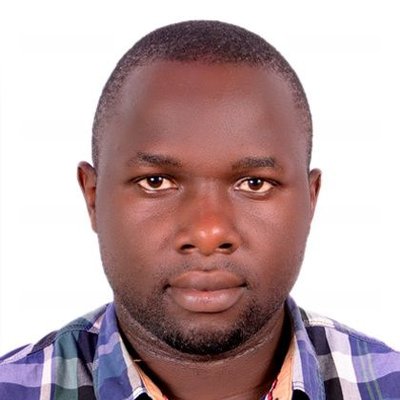By Pious Nsajja
As the world marks World Press Freedom Day, under the theme “Reporting in the Brave New World – The Impact of Artificial Intelligence on Press Freedom and the Media”, we should not forget that journalism is not merely about reporting facts, it is about safeguarding democracy, amplifying marginalized voices, and holding power to account. Journalists are not just messengers, they are frontline defenders of human rights and democratic values.
In an era where Artificial Intelligence (AI) is reshaping the media landscape, the challenges faced by journalists are evolving, yet their commitment to truth and accountability remains unwavering. While AI has improved content generation, audience targeting, and media efficiency, it has also quietly intensified the risks faced by journalists particularly those working in politically sensitive and human rights-related spaces.In Uganda, where press freedom is already under strain, protecting journalists is not just about safeguarding individuals but preserving the very foundation of a democratic society.
The year 2024 was highlighted as the deadliest for journalists in over three decades globally. According to the Committee to Protect Journalists (CPJ) Report of 2024,124 journalists and media workers were killed globally, with nearly 70% of these deaths attributed to the Israeli military during the Gaza conflict.Their report also indicated that103 deaths were directly related to their (journalists’) work, the highest number since CPJ began documenting journalist deaths in 1992. UNESCO reported that at least 68 journalists were killed in 2024, with over 60% of these killings occurring in conflict zones. Additionally, Reporters Without Borders also reported that 54 journalists were killed, with 31still losing their lives in conflict zones. These figures underscore the escalating risks journalists face worldwide, especially during conflicts and election periods.
Uganda has not been immune to these challenges. During the Kawempe North parliamentaryby–election in March 2025, at least 18 journalists were violently attacked by security forces while covering the event. These assaults which targeted journalists from various media houses not only endanger the lives of journalists but also undermine the democratic process by obstructing the free flow of information and silencing critical voices. Despite constitutional guarantees under Article 29(1)(a) of the 1995 Ugandan Constitution, which ensures freedom of speech and expression, including freedom of the press, press freedom in Uganda is hampered by various laws and practices. The Press and Journalists Act (2000), while intended to regulate the media, has also been criticized for provisions that can be used to suppress journalistic freedom.
Uganda’s third National Development Plan (NDP III) emphasizes the importance of good governance and the rule of law, which are intrinsically linked to press freedom. A free and independent media is essential for transparency, accountability, and citizen participation which are key pillars of sustainable development.However, the realization of these goals requires concerted efforts to protect journalists and uphold press freedom.
Internationally, Uganda is a signatory to various treaties that uphold media freedom, including the Universal Declaration of Human Rights and the African Charter on Human and Peoples’ Rights. These commitments obligate the state to protect journalists and ensure an environment where they can operate without fear of violence or censorship.
Journalists play a critical role in exposing injustices, giving voice to the voiceless, and fostering informed public discourse. Their work often places them at odds with powerful interests, making them targets for harassment, intimidation, and violence. Recognizing journalists as human rights defenders is not just symbolic; it is a necessary step toward ensuring their protection and the preservation of democratic spaces.
As Uganda approaches the 2026 general elections, safeguarding journalists is more critical than ever. The pattern of violence and intimidation witnessed in previous elections must not be repeated. Authorities must commit to protecting journalists, ensuring they can operate freely and safely. Let us all be reminded that journalists are not just messengers, they are defenders of democracy. Their work is vital to the health of our society, and it is our collective responsibility to protect and support them.
Happy World Press Freedom Day
Mr. Pious Nsajja, Communications Officer, National Coalition of Human Rights Defenders Uganda



